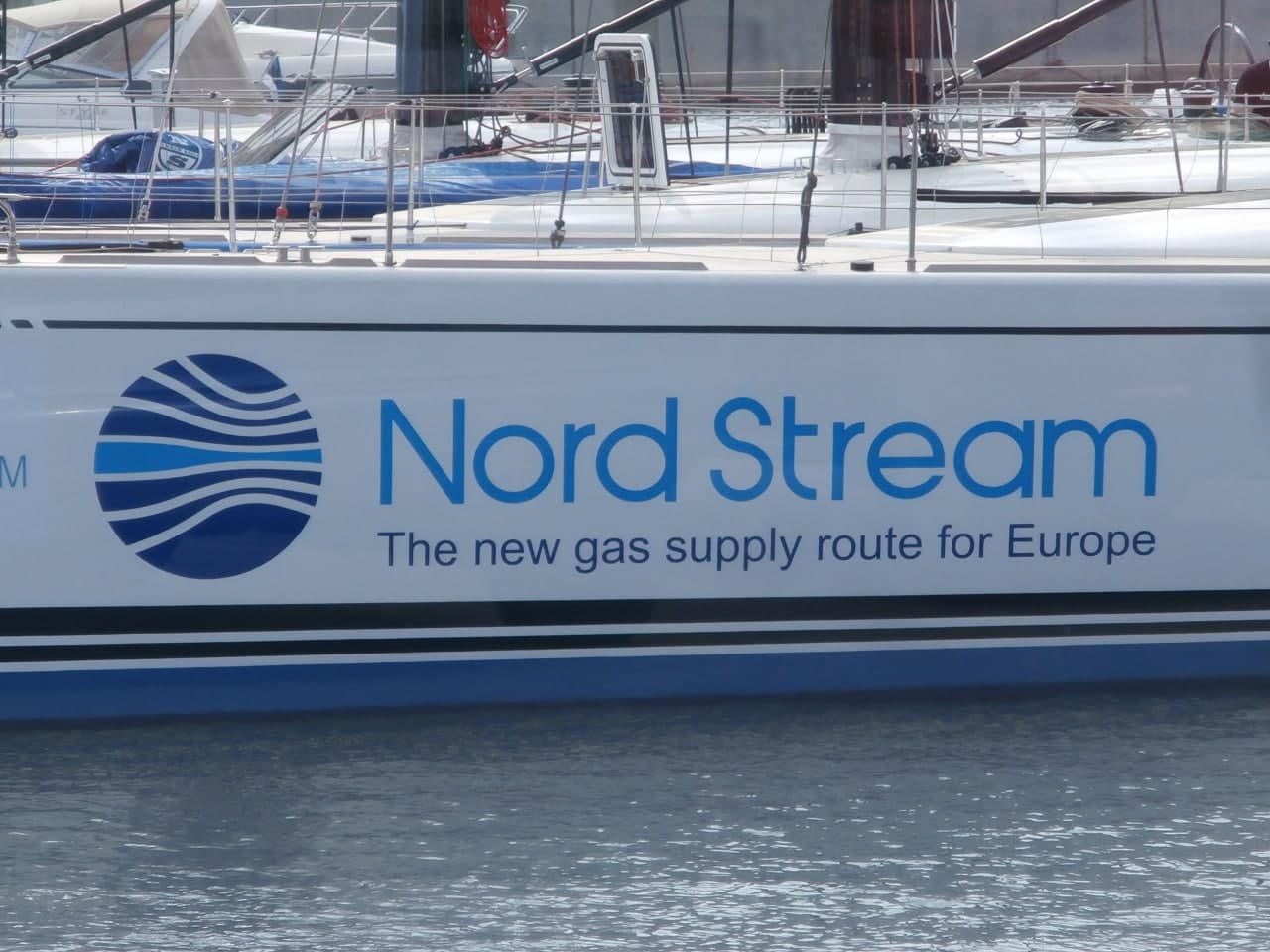An appeals court in the Italian city of Bologna on 27 October confirmed the decision to extradite Ukrainian national Serhiy Kuznetsov to Germany, where he is suspected of involvement in the 2022 Nord Stream gas pipeline explosions, world news agencies report.
The 49-year-old Ukrainian was arrested in August near the Italian city of Rimini based on a European arrest warrant. German prosecutors believe he was part of a group that placed explosive devices on the pipelines near the Danish island of Bornholm in the Baltic Sea.
The Bologna court's initial extradition ruling came on 16 September, but Italy's Court of Cassation overturned that decision on 15 October. At the time, the cassation court supported the defense's argument that there was "an incorrect legal qualification of the facts underlying the European arrest warrant," defense attorney Nicola Canestrini stated.
The 27 October ruling clears the way for German prosecutors to directly question the suspect in connection with the sabotage that severed a key link for Russian gas supplies to Europe. Canestrini announced after the Bologna court's decision that he would appeal to the Court of Cassation in Rome.
Under German personal data protection laws, the man is identified only as Serhiy K. He faces charges of conspiracy to commit an explosion, anti-constitutional sabotage, and destruction of critical infrastructure.
The explosive device detonated on 26 September 2022. The blasts caused severe damage to both pipelines — three of the four strings were destroyed. The pipeline, built to deliver Russian gas to Western Europe, cannot be restored.
Investigations by Sweden, Denmark, and Germany showed the pipelines were blown up, but those responsible have yet to be identified. Russia has not participated in the investigation. Moscow blamed the United States and its allies for what happened. They deny involvement.
Numerous Western media outlets have written that the explosions were organized by people connected to Ukrainian intelligence services. Kyiv denies accusations of organizing the sabotage.
German prosecutors emphasized this was a serious attack on Germany's energy infrastructure — regardless of the political motives of those who carried out the explosion.
The Nord Stream pipelines came under EU sanctions this year, as European Union countries recognized them as a potential tool for Moscow's pressure on Europe.





